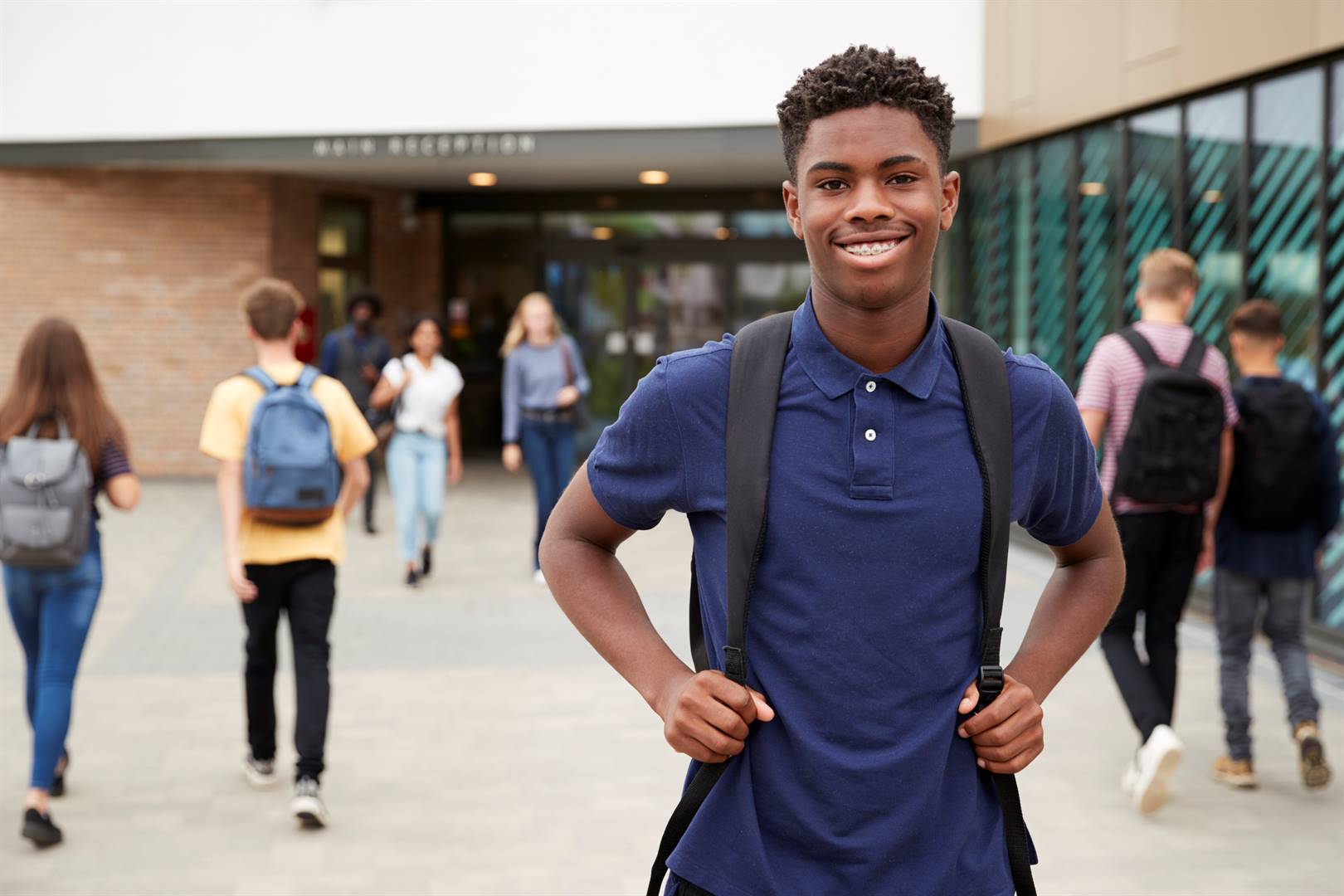Just How Remedial Schools in Johannesburg Can Support Your Youngster's Education
Just How Remedial Schools in Johannesburg Can Support Your Youngster's Education
Blog Article
Examining the Advantages of Enrolling in Remedial Schools for Students That Need Extra Assistance to Excel in Their Educational Trip
The enrollment of trainees needing added assistance in remedial schools provides a compelling instance for boosting their educational experiences. The multifaceted effect of such academic setups expands past prompt scholastic improvement, prompting a better assessment of their long-lasting effects on pupil success.
Personalized Learning Approaches
Executing personalized understanding techniques in remedial institutions dramatically enhances pupil involvement and scholastic efficiency. These tailored techniques focus on the unique needs, toughness, and passions of each trainee, promoting a more supportive understanding setting. By examining private knowing styles and scholastic levels, educators can create personalized educational programs that promote mastery of principles at a comfortable pace.
Personalized understanding likewise encourages energetic involvement, as trainees take ownership of their instructional trip. This engagement not just improves motivation yet likewise grows a sense of accountability, which is critical in restorative settings. They are extra likely to spend effort in their researches. when trainees feel their details requirements are recognized.
Moreover, innovation plays an essential role in helping with personalized learning. Digital devices and resources enable instructors to deliver separated instruction successfully, permitting students to gain access to products that align with their present understanding. This flexibility guarantees that trainees can progress without really feeling bored or overloaded.
Ultimately, customized discovering strategies in remedial institutions not just address scholastic voids but likewise add to the growth of critical thinking and analytical abilities, preparing students for future academic obstacles and successes.
Smaller Sized Course Sizes
Smaller course sizes are an additional essential variable that improves the performance of restorative colleges. These decreased student-to-teacher proportions create a setting for tailored attention, enabling educators to determine and resolve the distinct understanding requirements of each pupil. In smaller classes, instructors can involve much more deeply with private pupils, helping with customized instruction that can adapt to numerous learning designs and paces.
The intimate setting cultivates more powerful partnerships in between trainees and educators, contributing to a supportive ambience where students may really feel extra comfortable expressing their difficulties and requesting aid. This connection is particularly vital for students that might have formerly battled in larger, much more impersonal class.
In addition, smaller class sizes can result in raised participation and interaction throughout lessons. When they are in a much less daunting setup, students are much more likely to contribute to conversations and team up with peers. This energetic involvement not just boosts their learning experience yet also develops confidence in their abilities
Ultimately, the advantages of smaller sized course dimensions in restorative institutions contribute considerably to producing an efficient discovering atmosphere that promotes development, understanding, and scholastic success for students that need additional support in their instructional journey.
Specialized Educational Program Design
While standard academic frameworks may not adequately meet the demands of all trainees, specialized curriculum layout in remedial colleges concentrates on tailoring instructional material and training approaches to deal with the diverse difficulties faced by students that require added support. This approach identifies that pupils might have varying discovering styles, speeds, and requires, requiring an extra customized educational experience.
Educational program design in restorative settings commonly incorporates set apart instruction strategies, permitting educators to customize their teaching methods to suit various abilities. For instance, hands-on tasks, visual aids, and technology-enhanced learning tools can be incorporated to engage trainees extra successfully. In addition, the curriculum may prioritize YOURURL.com fundamental abilities, guaranteeing that trainees construct a strong base in vital locations such as proficiency and numeracy.
Moreover, specialized curricula commonly consist of real-world applications that make learning appropriate and significant. By attaching academic content to students' personal experiences and rate of interests, therapeutic colleges can cultivate greater motivation and engagement. Eventually, the application of specialized educational program style not just boosts scholastic efficiency yet additionally encourages students to gain confidence in their abilities, setting them on a path toward long-term success.
Improved Emotional Support
In enhancement to specialized educational program layout, boosted psychological assistance plays a vital role in the success of students participating in restorative schools. Pupils that need extra support frequently face unique psychological difficulties, including feelings of insufficiency, anxiousness, and reduced self-esteem. Remedial colleges attend to these issues by providing an encouraging atmosphere that fosters psychological durability and promotes psychological wellness.
Trained experts, such as counselors and psycho therapists, are indispensable to this psychological assistance system. They supply personalized attention, aiding trainees browse their sensations and develop dealing techniques. Tiny class sizes likewise facilitate more powerful relationships in between educators and students, permitting more tailored interactions that can aid trainees really feel valued and understood.
In addition, peer support is grown through team activities and collective understanding, motivating sociability among trainees that share similar obstacles. This sense of belonging is critical for emotional advancement, as it aids students recognize they are not alone in their struggles.
Boosted Academic Outcomes
How can restorative institutions efficiently improve academic performance for pupils dealing with finding out difficulties? Remedial institutions offer specialized direction customized to fulfill the special demands of these trainees (remedial schools Website in Johannesburg).
In addition, remedial colleges usually utilize smaller sized class dimensions, enabling even more personalized interaction in between instructors and students. This atmosphere not only advertises better understanding of the product but also urges energetic engagement and partnership amongst peers. Such interactions can boost motivation and increase self-confidence, both of which are vital for academic success.
Furthermore, remedial programs frequently include different instructional methods, such as hands-on learning and technology-assisted tools, which deal with different discovering styles. This variety makes sure that trainees stay involved and can establish a much deeper understanding of the curriculum. Consequently, students in restorative colleges typically accomplish enhanced scholastic results, showing considerable progression in their instructional journeys and equipping them with the skills required for future success.

Conclusion
In conclusion, enrolling in therapeutic colleges provides significant benefits for trainees needing added assistance. Customized learning techniques, smaller class dimensions, and specialized curriculum styles develop an environment important source helpful to individual development. Enhanced psychological assistance adds to students' general well-being, cultivating a feeling of belonging. The mix of these variables causes improved academic end results and raised self-esteem. Eventually, remedial institutions play a critical duty in gearing up pupils with the skills necessary for long-term success in their instructional trips.
The registration of students calling for added assistance in remedial schools offers an engaging case for enhancing their instructional experiences.Implementing tailored knowing approaches in therapeutic schools dramatically boosts trainee engagement and academic efficiency. Tiny class sizes also promote stronger relationships between teachers and trainees, enabling for more personalized communications that can aid students really feel valued and recognized.

Ultimately, therapeutic schools play an essential duty in gearing up students with the skills needed for lasting success in their academic journeys.
Report this page